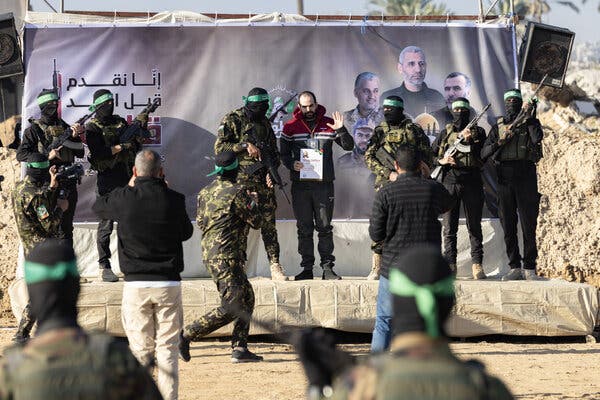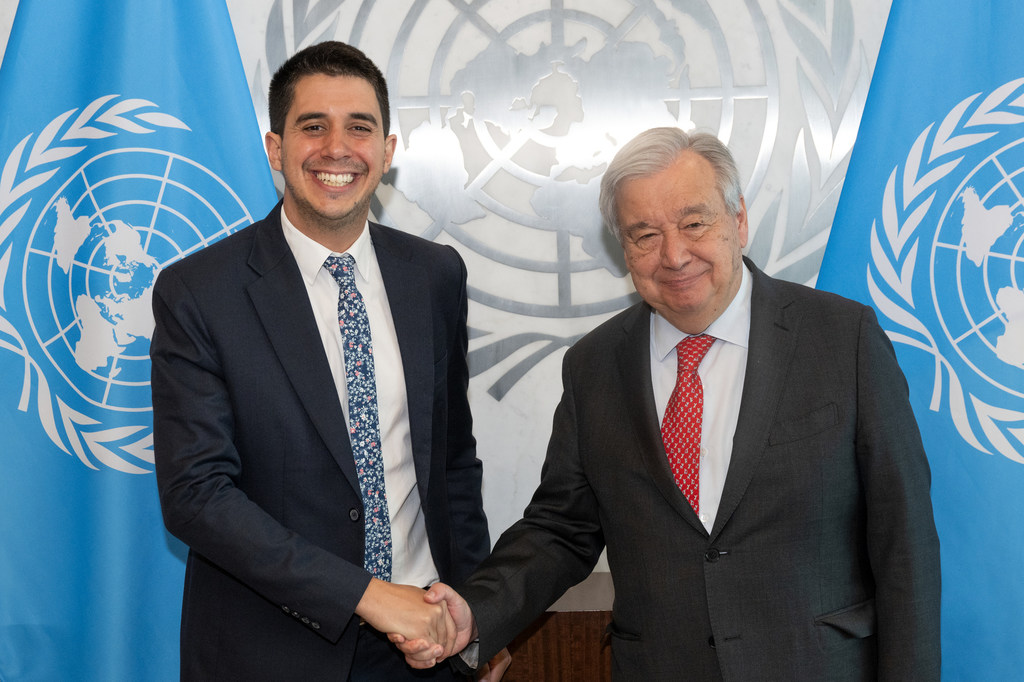Israel Targets Hamas Fighter Linked to Bibas Family Kidnapping

Israeli authorities announced the death of a Hamas fighter involved in the kidnapping of Yarden Bibas during the October 7, 2023, attacks. The Israeli military and the Shin Bet domestic security agency confirmed that Jihad Kamal Salem Najjar was killed on August 10, 2023, in an operation targeting those responsible for the abduction of the Bibas family.
The Bibas family, comprising Yarden, his wife Shiri, and their two young children, became emblematic of the assault’s brutality. Shiri, 32, and their sons, Ariel, aged 4, and Kfir, around nine months old, were captured during the attack. Tragically, they were later confirmed dead; Hamas reported in November that they had been killed in an Israeli airstrike. Forensic analysis by Israeli authorities later determined they had been murdered by their captors.
The military statement detailed how Najjar infiltrated Kibbutz Nir Oz during the October massacre and was involved in the abduction of Yarden Bibas. Accompanying the announcement was an image allegedly showing Mr. Bibas bleeding in the back of a pickup truck alongside Najjar, although The New York Times could not independently verify this claim.
In response to Najjar’s death, Yarden Bibas expressed gratitude to the Israeli authorities, stating, “a small part of my closure happened today.” He highlighted the ongoing plight of his friends David and Ariel Cunio, still held hostage, as he waits for complete closure.
The Israeli announcement comes amid a growing humanitarian crisis in Gaza, where international condemnation of Israel’s military actions has intensified. Protests have erupted in Israel, with approximately 400,000 people gathering in Tel Aviv to call for a cease-fire and a resolution for the remaining hostages, of which about 20 are believed to still be alive. Families of hostages have urged the Israeli government to refrain from escalating military operations, fearing for their loved ones’ safety.
Prime Minister Benjamin Netanyahu faces pressure from both sides: public sentiment is shifting toward a negotiated cease-fire, while elements within his far-right coalition vehemently oppose such measures. Earlier this month, Israel’s security cabinet approved a controversial plan to take control of Gaza City, raising concerns about further displacement of Palestinian civilians.
On the diplomatic front, Hamas announced it had accepted terms of a deal proposed by Qatari and Egyptian mediators. Some Israeli leaders attribute this development to the Netanyahu government’s announcement of an expanded military offensive in Gaza. Conversely, far-right coalition members have warned that supporting the proposal could jeopardize their political backing.
In a separate development, Israeli Defense Minister Israel Katz announced a significant increase in the defense budget, raising it by $8 billion, a more than 25 percent increase. The defense ministry stated that Katz is in discussions with senior officials to finalize offensive plans in Gaza.
The October 7 attacks resulted in 1,200 Israeli deaths and 250 abductions. In the subsequent conflict, over 62,000 Palestinians have been reported killed in Gaza, according to the Gaza health ministry. This figure does not differentiate between civilians and combatants, highlighting the complexity of the situation.
As the conflict continues, the humanitarian situation in Gaza remains dire, with calls for a reassessment of military strategies growing louder both within Israel and across the international community.






